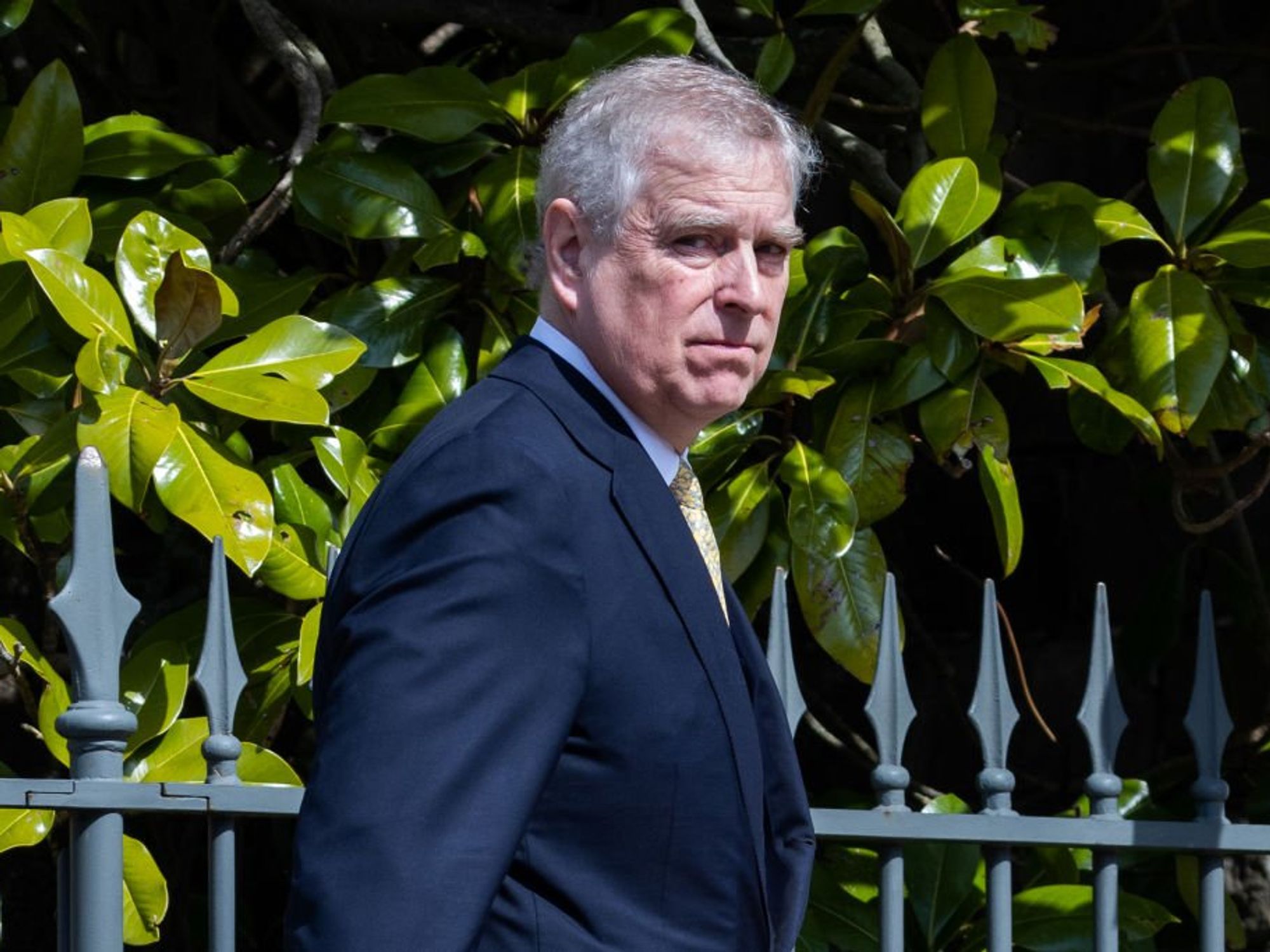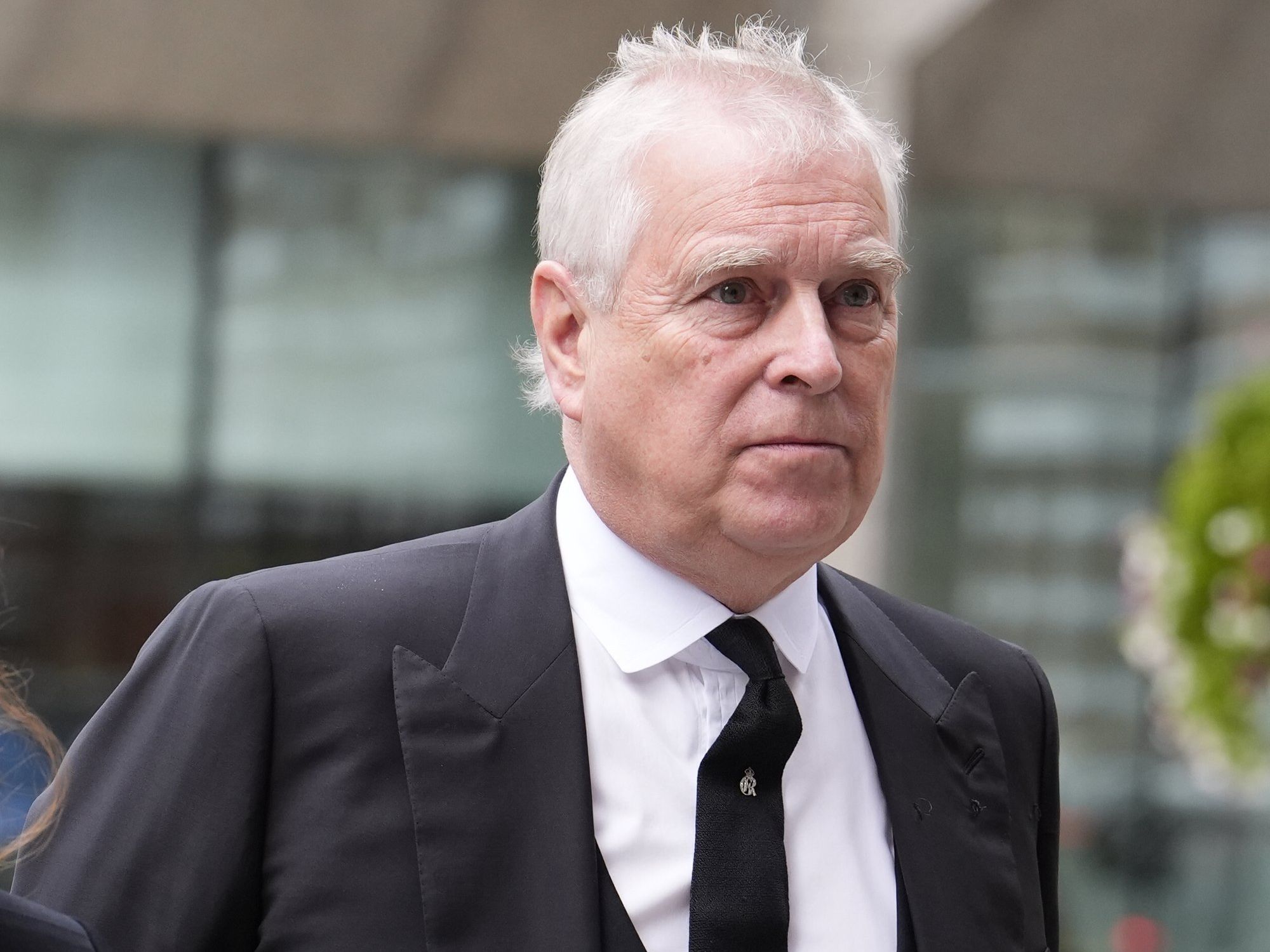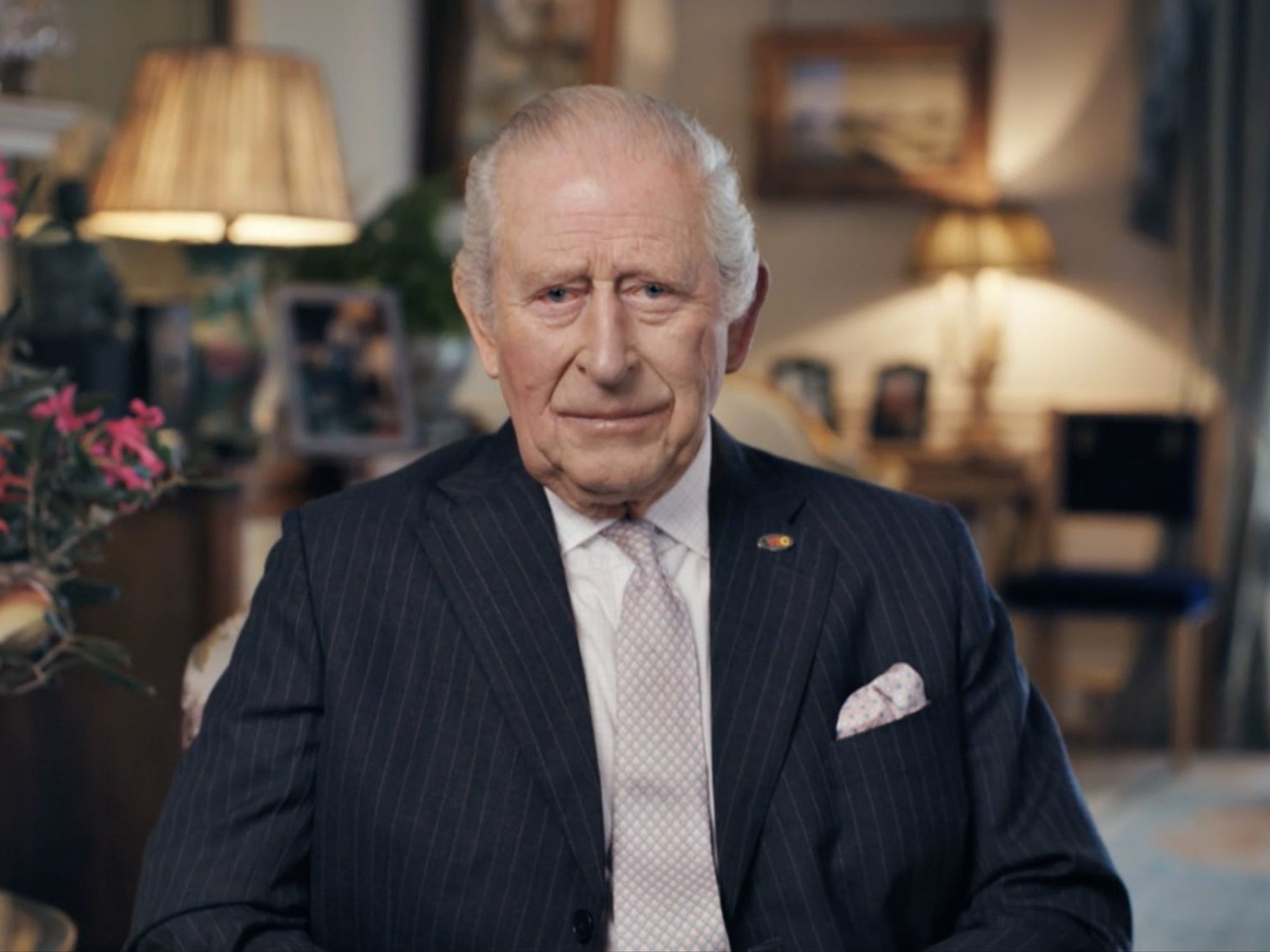Colin Brazier: The decline in petrol stations has left us naked in the face of panic buying

By Colin Brazier
Published: 29/09/2021
- 20:31Updated: 14/02/2023
- 11:30We have a quarter of the petrol stations we had half a century ago, which has left us naked in the face of panic buying.
Don't Miss
Most Read
Latest
My nearest town has a lovely Italian café on the high street where I sometimes go for a cappuccino. When I moved there it didn’t sell pizzas or pasta – it sold petrol. It was a fuel station. Not a big one. It was the sort of petrol station you often used to find in rural Britain especially, with no more than a couple of pumps, sometimes attached to a garage or used car business.
Why do I mention this? Because of the extraordinary numbers I’m about to share with you. Numbers likely to both enlighten and outrage anyone who has spent a chunk of their waking hours today trying to find a petrol station that would sell them fuel.
In 1970 how many petrol stations do you think there were in Britain?
There were 37,539. And today? 8,380.
We have a quarter – A QUARTER - of the petrol stations we had half a century ago.
Where have they all gone? Are they all now pizzerias? Well many have been bulldozed and turned into brownfield housing developments. Which leads me onto my next statistic.
You’d think that a country closing three out of four of its petrol stations might be shrinking, with fewer homes with a car outside. Well, I can’t think what gave you that idea. Britain’s population has grown by ten million in the last twenty years.
Between 1997 and 2012, the number of cars on Britain’s roads rose from 27 to 35 million. Given this rocketing demand how on earth haven’t we run out of fuel before?
Because the slack has been taken up by the supermarkets. The Government knows about this. The Department of Transport commissioned a report published in 2012 which found that supermarkets were squeezing the life out of small independent retailers, owning 15 per cent of all forecourts but selling 40 per cent of all fuel.
It’s not easy if you run a small two-pump nickel and dime petrol station in an out-of-the-way area, to compete with a Tesco fuel station with umpteen pumps in the nearest suburb and the buying power of a business bigger than some national economies.
You can see why so many of these small independent retailers, including the one on my local rural high street, gave up the ghost. How, you may be asking, has this made us more vulnerable to fuel shortages? Well, the supermarkets, being masters of just-in-time-logistics, don’t like to hang on to stuff that’s not flying off the shelves. They keep their petrol station fuel stocks low. Good for profits. Not very resilient when it comes to a crisis.
By this stage you may be wondering if the consolidation of smaller petrol stations into fewer larger forecourts isn’t just the way of the world. The natural course of evolutionary capitalism.
Well, the three European countries with comparable populations to ours, have had the good sense to provide those populations with the means to fill up their cars. They’ve realized, in a way we seem to have missed, that in a society so dependent on the internal combustion engine, it’s sensible to have a widely dispersed network of forecourts.
So it is that Italy has 20,750 petrol stations. Germany has 14,500, France has fewest, with 11,200. That’s still a third more than we have.
We’re discovering that when the proverbial hits the fan, having some redundancy built into the system can be really helpful. I’m reminded of how our hospitals struggled to cope with Covid. Countries like Germany had much higher spare bed capacity.
Most of the time that was a waste of money, until it really mattered. I’m not for a moment suggesting that Britain needs a NFS, a national forecourt service.
Capitalism is the reason we have decent cars to drive, rather than the comical contraptions built under communism. But competition and the drive towards lower costs and tighter margins can sometimes leave us all exposed.
As the great American investor Warren Buffet is apt to observe, when the tide goes out we get to see who isn’t wearing trunks. Our relaxed attitude towards the closure of petrol stations, especially in the countryside, has left us naked in the face of panic buying.











